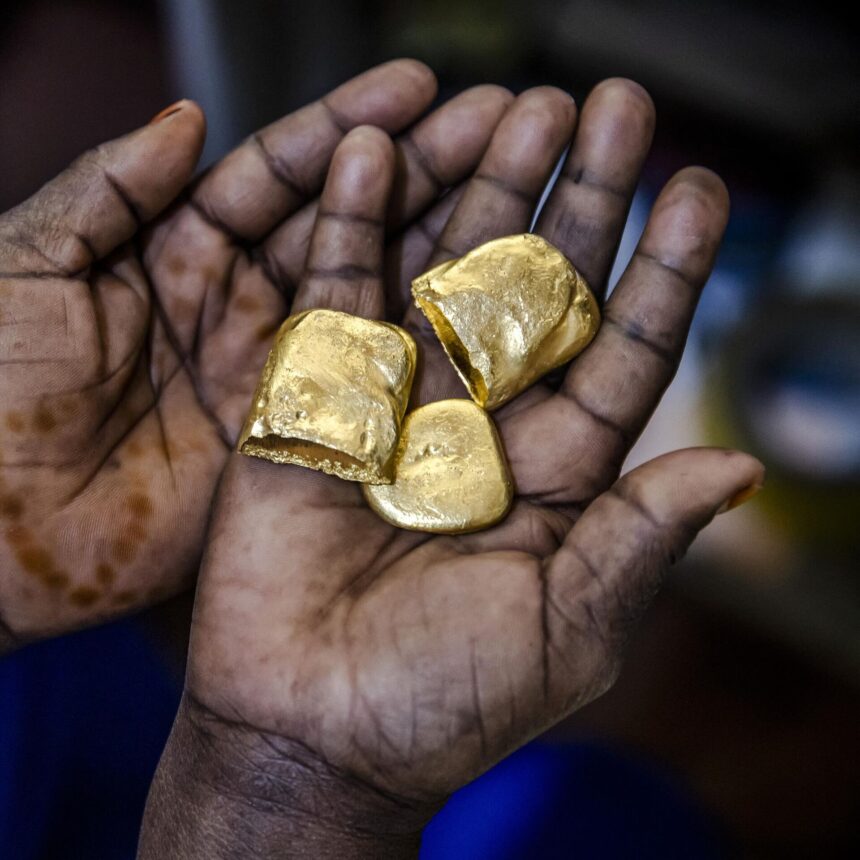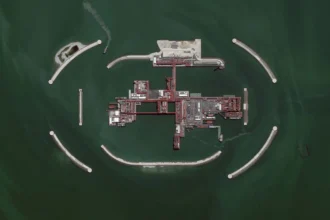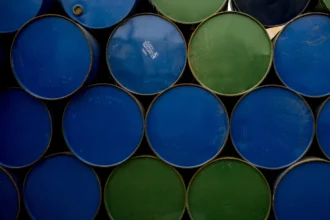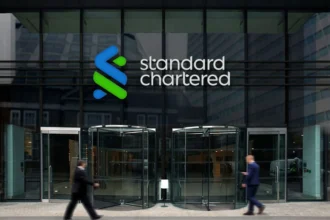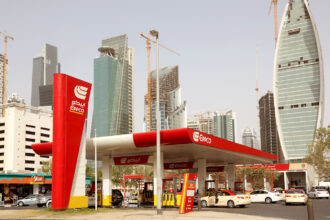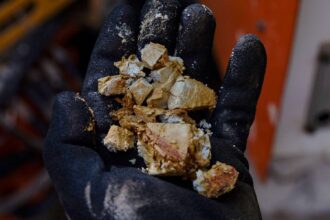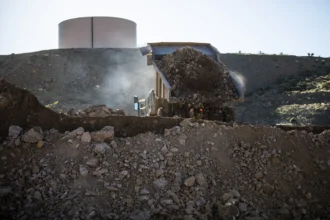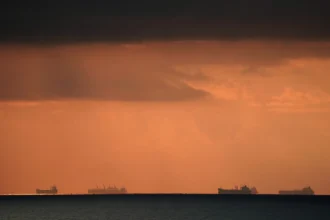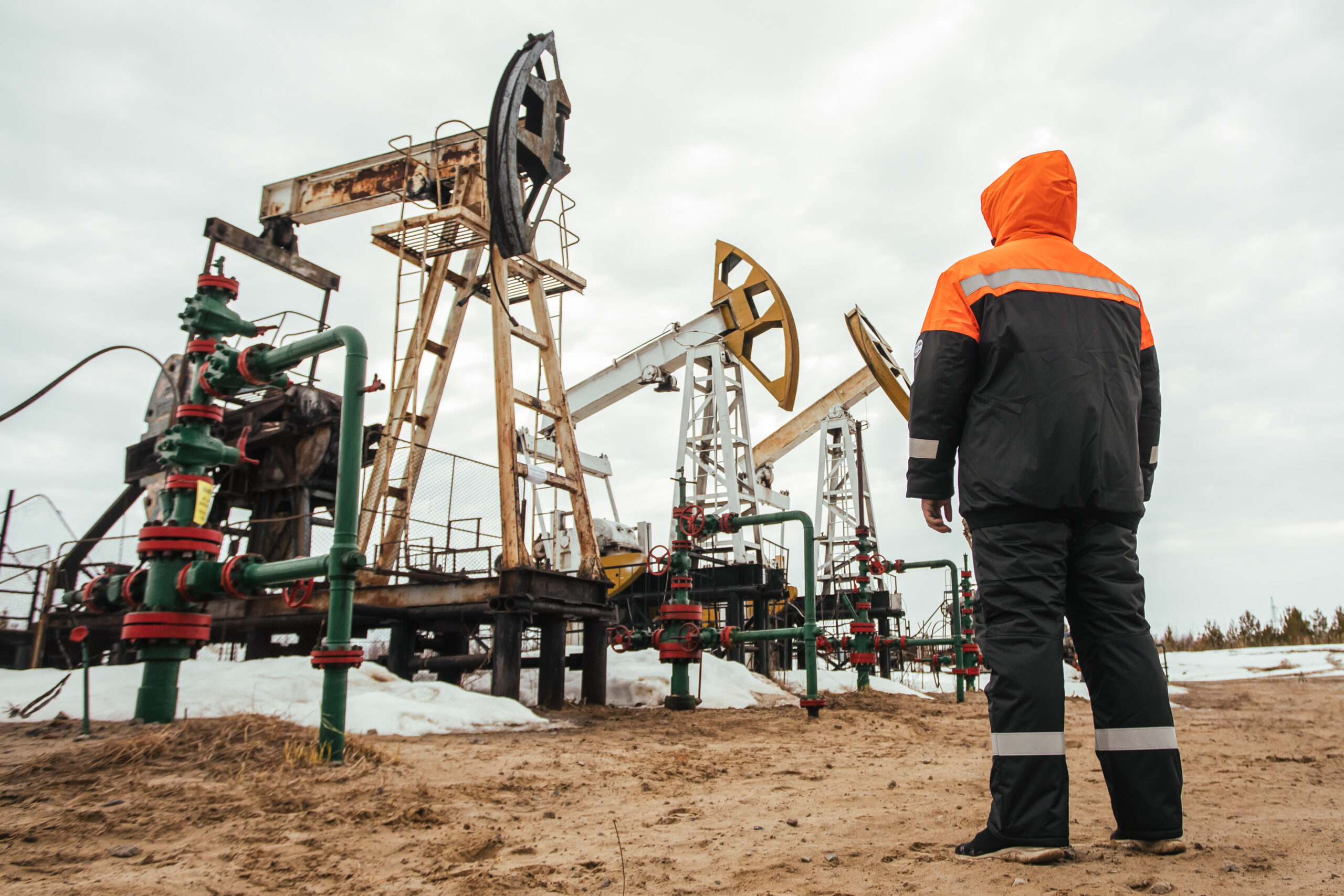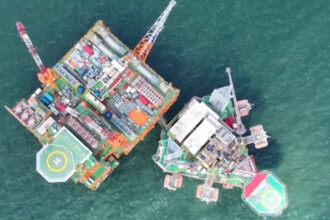Africa is one of the richest continents in terms of natural resources — home to over 30% of the world’s mineral reserves, vast oil and gas fields, and fertile agricultural land. Yet, the control and ownership of these resources are highly complex and often controversial. The question of “who controls African resources?” goes far beyond borders — involving governments, multinational corporations, foreign powers, and local elites.
1. Multinational Corporations: The Real Operators
Many of Africa’s key resources — from oil in Nigeria and Angola, to gold in Ghana and South Africa, to cobalt in the Democratic Republic of Congo — are extracted and exported by foreign multinational companies, often headquartered in Europe, North America, or Asia.
Examples include:
- Glencore (Switzerland) – active in copper, cobalt, and oil.
- TotalEnergies (France) – major investments in oil and gas.
- Barrick Gold and AngloGold Ashanti – dominant in gold mining.
- China Molybdenum – one of the largest cobalt players in Central Africa.
These companies often operate under concessions, leases, or joint ventures with state-owned entities — but retain substantial control over production, pricing, and export operations.
2. Governments: Ownership in Theory, Not Always in Practice
While many African nations technically own their natural resources (as outlined in their constitutions or national mining laws), weak enforcement, corruption, and poor regulatory oversight often mean governments lack operational control or negotiation power.
Some countries have created state-owned enterprises (e.g., Nigeria’s NNPC, Angola’s Sonangol, or South Africa’s PetroSA) to manage national interests, but these entities often struggle with underfunding or political interference.
3. China: A Rising Stakeholder
China has become a dominant player in Africa’s resource economy, using long-term strategic investments to gain access to critical materials.
- Through the Belt and Road Initiative (BRI), China has financed infrastructure projects tied to mining and energy concessions.
- Chinese companies control key assets in cobalt, lithium, iron ore, and oil — particularly in the DRC, Zambia, and Sudan.
- In many cases, resource-for-infrastructure deals have raised concerns over debt-trap diplomacy and sovereignty.
4. Western Interests: Old Ties, New Strategies
European and American firms have operated in Africa for decades — a legacy of colonial-era control that, in some sectors, persists today. Even as African governments push for resource nationalism, Western financial systems, trade rules, and technology patents often limit their ability to control supply chains independently.
Additionally, international legal frameworks and arbitration mechanisms can sometimes protect foreign investors more than the host nations.
5. Local Elites and Private Entities
In several cases, resource wealth is captured by political elites, military interests, or private intermediaries with close ties to power. These groups may control mining permits, logistics chains, or export channels, often through opaque agreements that bypass national development goals.
This contributes to the so-called “resource curse” — where natural wealth fuels inequality, conflict, or corruption rather than broad economic growth.
Conclusion: Control is Fragmented
The control of African resources is fragmented and highly politicized:
- Foreign corporations extract and profit.
- Governments theoretically own, but often lack leverage.
- Global powers like China and the West compete for strategic access.
- Local elites and brokers capitalize on loopholes and weak institutions.
For Africa to fully benefit from its vast resource base, reforms in governance, transparency, and local value creation will be essential. Until then, the question of “who controls African resources” will remain a geopolitical issue — not just an economic one.

